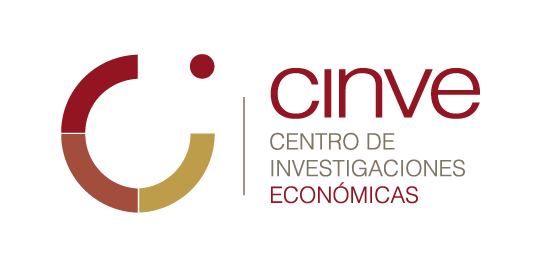Revista de Economía del Banco Central del Uruguay, Segunda Época, Vol.21, Num.1.Montevideo, Mayo 2014.
Cecilia Llambí.
Abstract:
This paper reviews and discusses the application of four non experimental methods to estimate the impact of the full time school program in Uruguay (FTS) on student outcomes in math, reading and science, assessed at age 15 by the international PISA tests. I use ordinary least squares, matching, instrumental variables (IV) and control functions, and I discuss the possible sources of bias that are present in each method. As an exclusion restriction, I use the distance from the center where the student was assessed by PISA, to the nearest FTS. When taking into account selection on unobservables through control functions, I find that students attending FTS improve their math and science test scores by 0.34 and 0.64 of a standard deviation, respectively. The IV estimates do not allow rejecting the hypothesis of null effects. In the case of reading, estimates do not allow rejecting the hypothesis of negative effects.
http://www.bcu.gub.uy/
